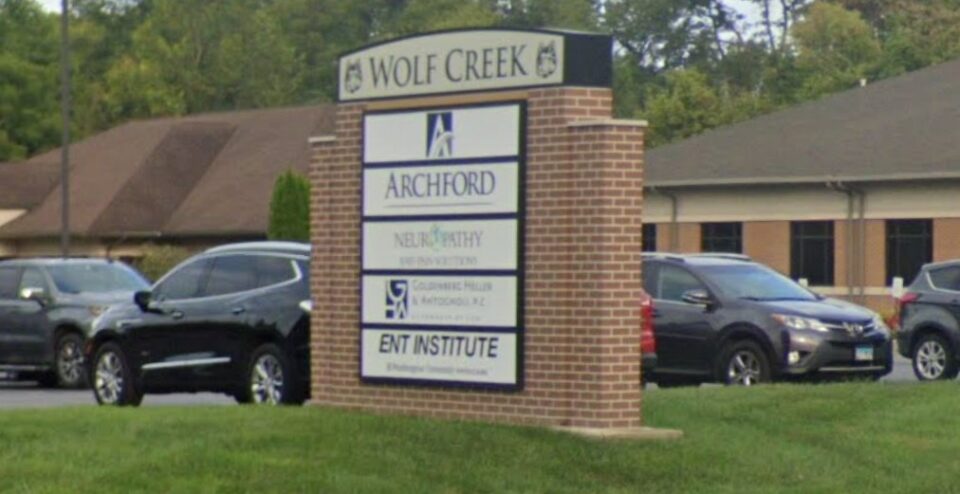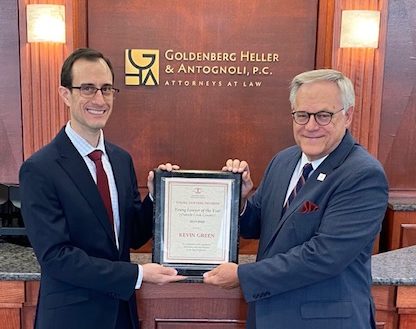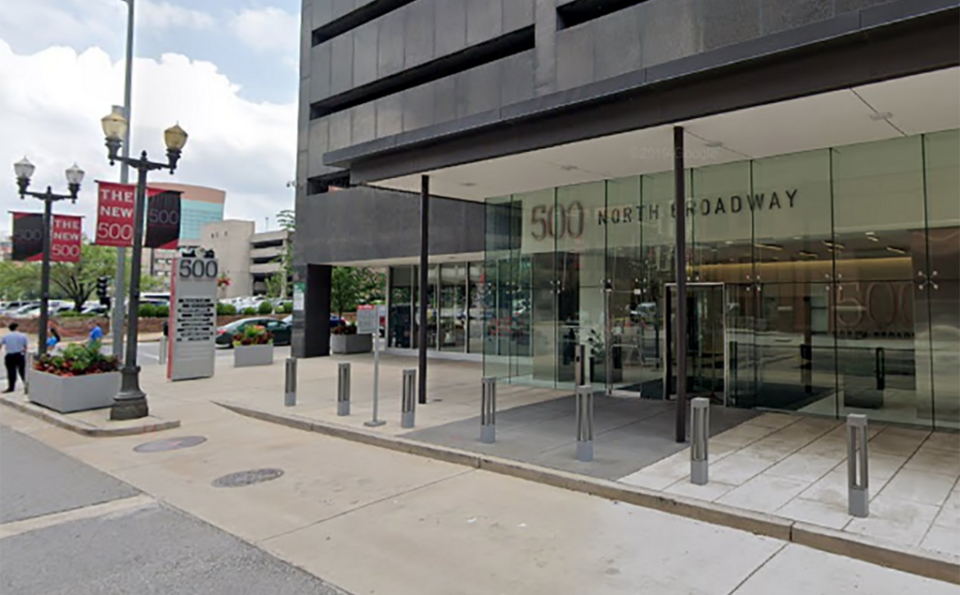On January 1, 2020, the state of Illinois issued new requirements for employers. The requirements mandate all employers to provide sexual harassment prevention training by December 31, 2020. This training must then be provided annually each following year.
What is The Illinois Workplace Transparency Act?
The Illinois Workplace Transparency Act (the “Act”) contains requirements that Illinois employers should consider in order to prevent fines from the Illinois Department of Human Rights. Of these changes, the most important for employers to understand and implement right now is that of annual sexual harassment prevention training for employees.
The Act defines an employer as any entity “employing one or more employees within Illinois during 20 or more calendar weeks within the calendar year.” Because of this definition, this requirement will likely affect most businesses in the state.
How Can Employers Fulfill Their Sexual Harassment Prevention Training Requirement?
To comply with the Act’s training requirement, an employer has two options:
Option 1
Employers can choose to use the model sexual harassment prevention training program. This program is available online from the Illinois Department of Human Rights.
Option 2
An employer can create and present its own training program, provided it meets the following four requirements:
- The training must provide an explanation of sexual harassment consistent with the Act’s definition. The Act classifies sexual harassment as “any unwelcome advances or requests for sexual favors or any conduct of a sexual nature when (1) submission to such conduct is made either explicitly or implicitly a term or condition of an individual’s employment, (2) submission to or rejection of such conduct by an individual is used as the basis for employment decisions affecting such individual, or (3) such conduct has the purpose or effect of substantially interfering with an individual’s work performance or creating an intimidating, hostile or offensive working environment”;
- The training must provide the employees with examples of actions considered to be unlawful sexual harassment;
- The training must provide a summary of relevant federal and state regulations concerning sexual harassment, including resources available to victims of sexual harassment; and
- The training must summarize the responsibilities of employers to prevent, investigate, and correct sexual harassment in the workplace.
Regardless of which option they choose, employers should keep detailed records to demonstrate their compliance with the training requirement. According to the Department of Human Rights, acceptable records include:
- Employees’ certificates of completion/participation
- Sign-in sheets showing employee attendance
- Other training materials used by the employer
What Else Should Bars and Restaurants Know?
In addition, bars and restaurants must also maintain a written policy on sexual harassment. All employees should receive a copy of this policy within the first calendar week of his/her employment. After that, restaurants and bars must also supply employees with a supplemental training program aimed at preventing sexual harassment in their industry. The model program developed by the Department of Human Rights for bars and restaurants is currently available online.
What Happens If Employers Fail To Meet The Requirement?
If an employer fails to provide adequate training to its staff by December 31, 2020, the Department of Human Rights will issue a notice to show cause. This notice gives the employer 30 days to complete the requirements. If the employer does not comply within 30 days, the Department will petition the Human Rights Commission for entry of an order imposing a civil penalty against the employer. To avoid unnecessary fines and penalties, employers need to fulfill the training requirements.
Are You A Business Owner With Additional Questions?
The attorneys at Goldenberg Heller & Antognoli, P.C. have extensive experience representing businesses and advising them of their legal obligations. Feel free to contact us today at (800) 782-8492 with any questions.








